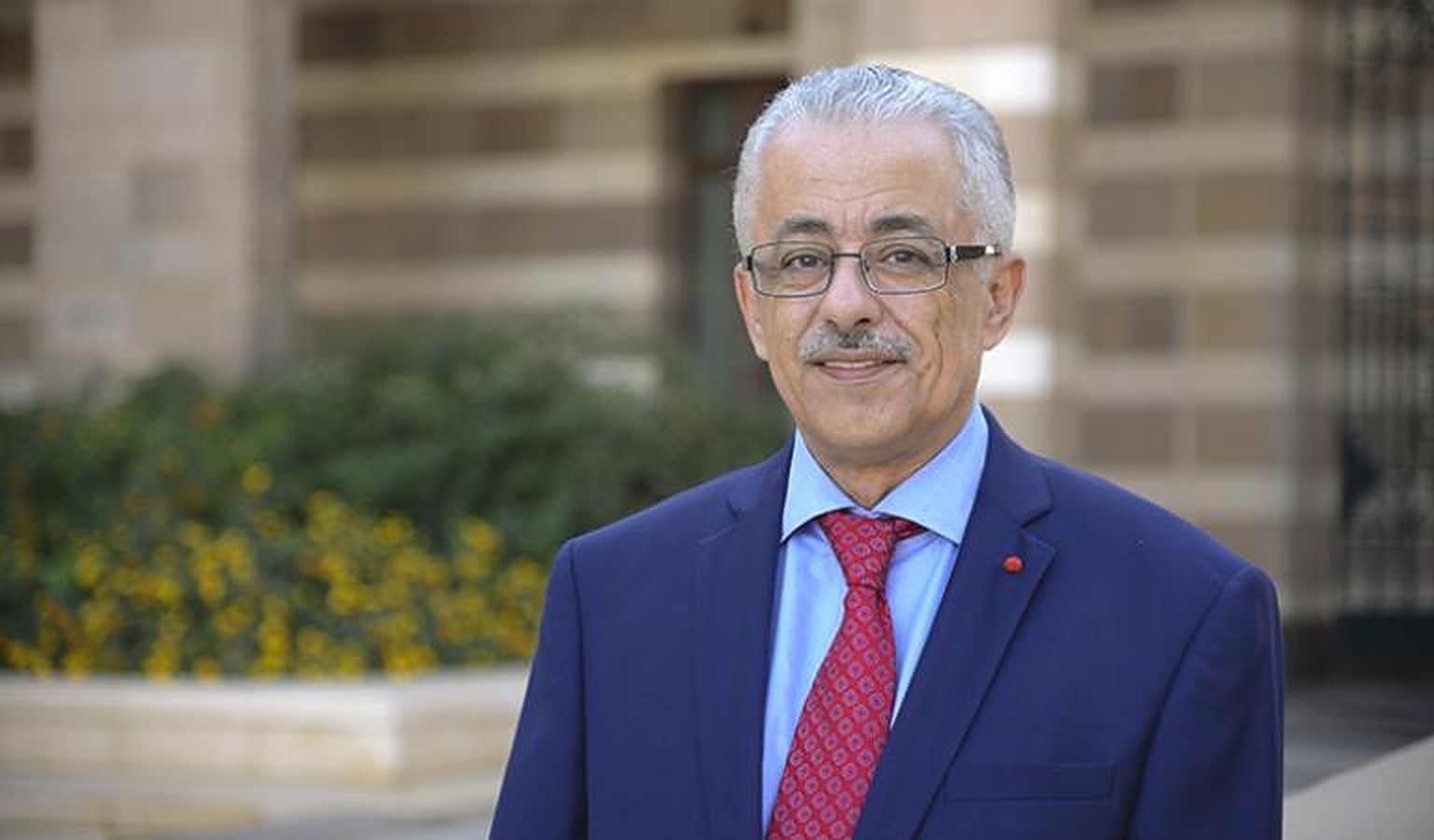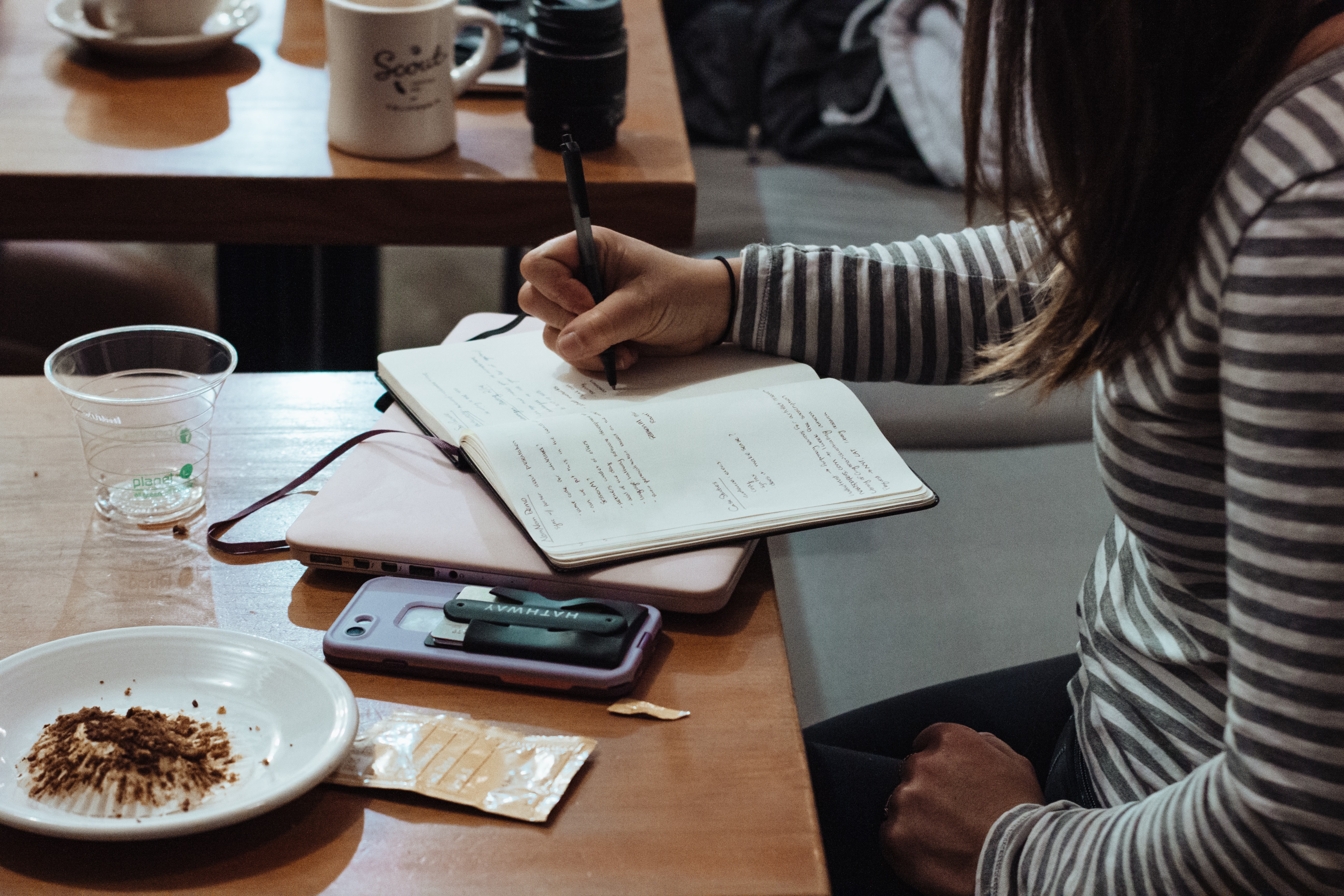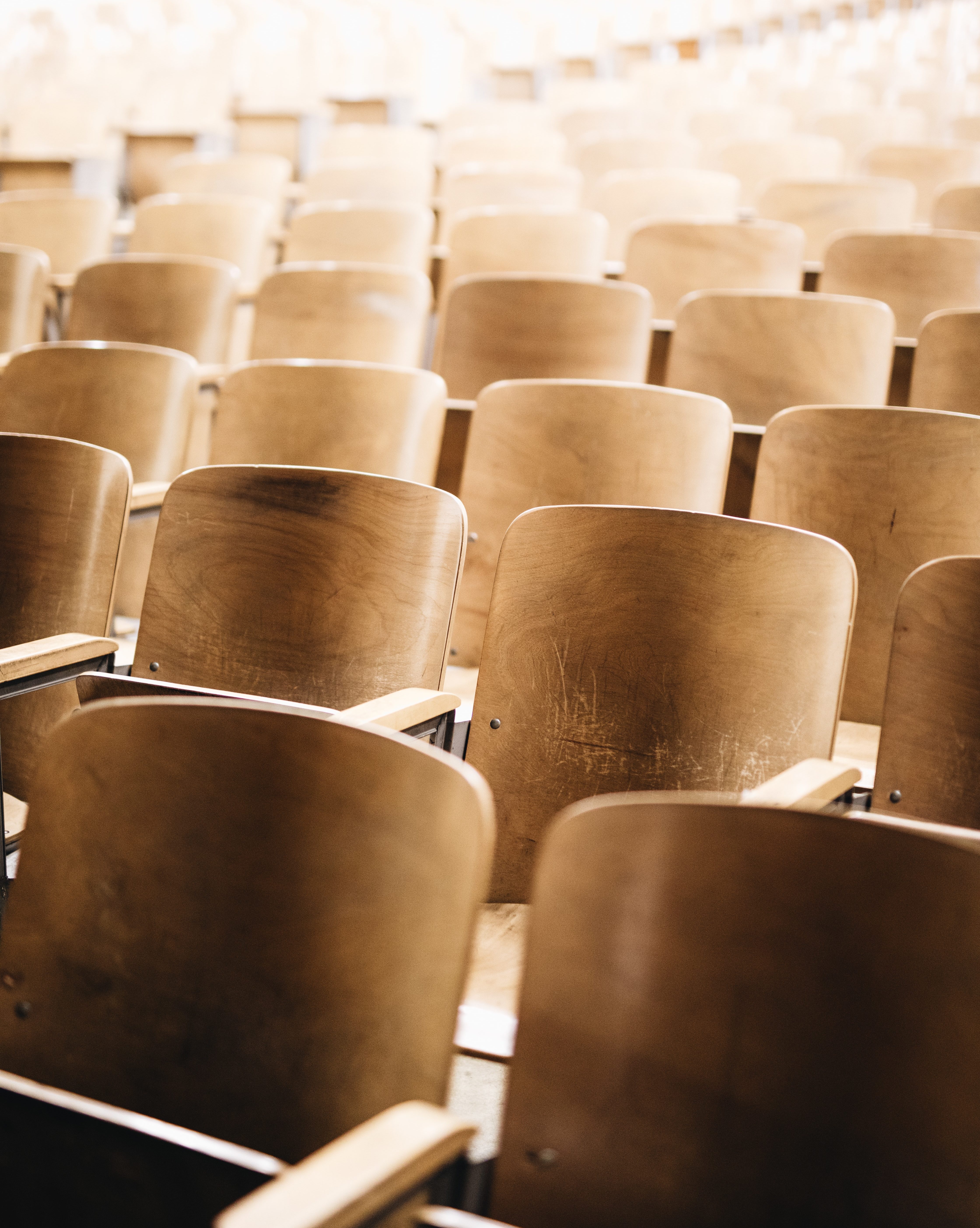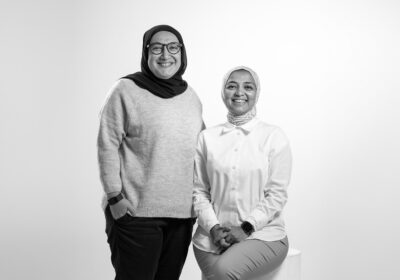Egypt’s old system of Thanaweya Amma has been transformed into a new, modern education system that is set to be in place by the next academic year. The old Thanaweya Amma will be abolished by the end of the 2019/2020 academic year, and the new system will be in action by 2020/2021.

Tarek Shawki, Education Minister
Due to COVID-19, the Education Minister Tarek Shawki also announced the hybrid plan for resuming schools from kindergarten through high school that will ensure a reduced capacity of students in classes.
Egypt’s Modernized Education System
Essentially, the high school exams are now replaced with an electronic module that will be taken and evaluated electronically without human intervention. Exams will also be based on multiple-choice questions (MCQs) so students will find their results upon finishing.
Interestingly enough, the exams will not be unified. Instead, there will be four versions of the same exam at the same level of difficulty. Moreover, students will be allowed to resit exams to improve their grades. They’ll only have to resit the subject they want to redo without any grade deductions.
Marwan El-Ashry, a Thanaweya Amma student at Mokattam Language School told 925 that he thinks the new system is a positive change.
 “It’s a very good system and is more reliant on students understanding and not memorizing. I am a little lost regarding whether there will be private lessons or not. However, the fact that the exams are online and are MCQs is good because errors made by exam correctors won’t happen. This will also prevent cheating,” he said.
“It’s a very good system and is more reliant on students understanding and not memorizing. I am a little lost regarding whether there will be private lessons or not. However, the fact that the exams are online and are MCQs is good because errors made by exam correctors won’t happen. This will also prevent cheating,” he said.
Shawki explained that high school exams shouldn’t have to be a matter of life or death noting that students have previously taken their own lives due to intense pressure and poor grades. Hence, the option to retake exams has been made. Moreover, because the new system is electronic, there is no room for leaks and cheating.
Another Thanaweya Amma student, Hebatalla Eltelmissany from Nermien Ismail School shared that she thinks all these changes are to the benefit of the students. “I think the system is indeed very good. It just needs better preparation so the students won’t feel lost in their last years. These last three years are very important for our future, and it will determine what field we will be getting into,” she said.
Being allowed to resit exams is something many students are pleased with. “It’s pretty similar to the American SAT’s system. It would be best to learn from our mistakes by having another trial [if needed],” said Eltelmissany.
It seems that one of the things students appreciate the most is the fact that the new program values understanding over memorizing. Nour Waleed, Thanaweya Amma student from Saint Joseph School, said that when she was growing up, she’d memorize information without necessarily understanding. But these alterations to the program have made studying a more beneficial experience.
“I have to say that when it was first announced, I panicked because I thought that it’ll change the way I study. However, I then found out that it’s much better and more beneficial…I’m really glad with all these changes and I think it’s going to be better when the students and the teachers get used to it too. I’m so excited to know how this year is going to be,” said Waleed.
What Will Attendance Look Like This Academic Year?
It is hard to predict anything during the COVID-19 pandemic. While the officially recorded numbers in Egypt have decreased, the virus is still among us. Regardless, resuming a degree of normality in schools is important for the well being of students.
The minister explained that the academic year will begin on October 17, 2020. Meanwhile, schools with international curricula (British, American and International Baccalaureate) will start on September 15.
In general, students in different years will have a specific number of school days in the week. Depending on the density of the school, students will attend two to three days per week. Secondary stage students (high schoolers) will have less days a week and rely on online classes.

Schools have the right to set which days of the week are the days a certain set of students will attend on the premises. According to the Minister, Egypt has over 23 million students and 1.3 million teachers, alongside administrative employees in schools.
Being able to accommodate everyone during the pandemic is a challenge and there isn’t a ‘one size fits all’ solution. Schools have to be able to take their own precautions depending on the amount of staff and students in the building and in every classroom.
As per UNICEF, the decision to open schools will depend on various factors; including the state of the country in terms of COVID-19. In all cases, the rules remain constant: wearing masks and social distancing. When it comes to handling young children, teachers need to be well aware of how to ensure learning on school grounds can be done safely.
“It’s crucial that schools plan ahead and look at what additional measures they can put in place to help ensure students, teachers and other staff are safe when they return and communities are confident in sending their students back to school,” said UNICEF.



























